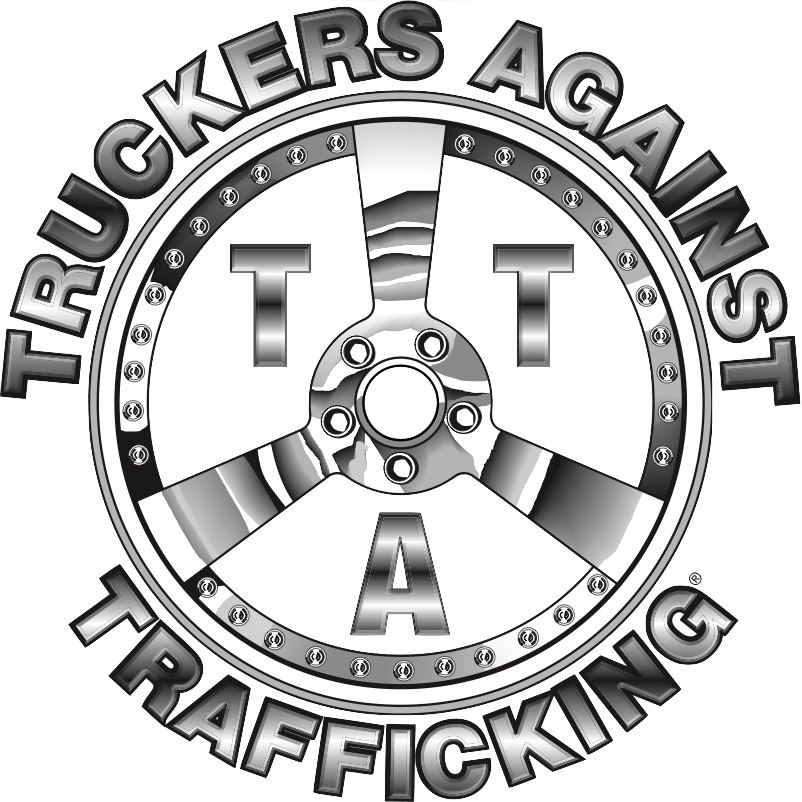The trucking industry is heavily regulated and for good reason. Safety is a top priority for everyone on the road, and compliance with regulations helps to ensure that safety standards are met.
However, with new regulations being introduced regularly and existing regulations being updated, it can be a challenge to keep up with the latest requirements.
If you want to avoid fines and other penalties, it’s important to stay up-to-date with the regulations that apply to your operation.
Whether you’re a driver, fleet manager, or business owner, this guide will help you to avoid common compliance pitfalls and keep your operations running smoothly.
Overview of Trucking Regulations
Trucking regulations refer to the rules and regulations set by the government to ensure that trucks operate safely, efficiently, and in compliance with environmental standards.
These regulations cover a wide range of areas, including driver qualifications, hours of service, vehicle maintenance and inspection, cargo securement, and more.
For those in the trucking industry, it is essential to have a clear understanding of these regulations to avoid serious consequences such as fines, penalties, and even legal action.
As an introduction to trucking regulations, it is vital to understand the importance of complying with these rules to ensure safe driving practices and to maintain the integrity of the industry.
Regulations That Trucking Companies Need To Comply With In 2023
The trucking industry plays a crucial role in the transportation of goods across the country. With new regulations and standards being introduced every year, trucking companies need to stay up-to-date with the latest compliance requirements to avoid hefty fines and penalties.
In 2023, several new regulations are set to come into effect that trucking companies must comply with to operate safely and efficiently on the roads. Here is an overview of these regulations:
FMCSA Regulations: Compliance and Enforcement
The Federal Motor Carrier Safety Administration (FMCSA) has set forth regulations that trucking companies must comply with in order to ensure safety on the roads.
These regulations cover areas such as driver qualifications, hours of service, vehicle maintenance, and drug and alcohol testing.
Compliance with these regulations is essential to avoid penalties and fines and to maintain a good reputation in the industry.
Enforcement of these regulations is also important to ensure that all trucking companies are operating safely and responsibly on the roads.
Hours of Service (HOS) Regulations
These regulations dictate how long a driver can operate a commercial motor vehicle without taking a break or rest period.
This is important for preventing driver fatigue, which can lead to accidents on the road. By enforcing HOS regulations, trucking companies can help ensure the safety of their drivers and the public.
Electronic Logging Devices (ELDs)
Starting in 2023, all commercial drivers will be required to use ELDs to track their driving hours. This is part of the FMCSA’s efforts to improve road safety and reduce driver fatigue.
ELDs will replace the traditional paper log books that drivers have been using to record their hours of service (HOS) for decades.
Drug and Alcohol Testing
The FMCSA has implemented the Drug and Alcohol Clearinghouse to combat drug and alcohol abuse among commercial drivers.
This regulation is aimed at preventing drivers who have tested positive for drug and alcohol abuse from getting behind the wheel of a commercial vehicle.
Commercial Driver’s License (CDL) Requirements
In 2023, trucking companies must comply with new requirements for their drivers’ commercial driver’s license (CDL), which is a necessary credential for a career in the industry.
These requirements may include additional training or education, as well as stricter regulations for drivers with medical conditions or prior driving violations.
Adhering to these regulations is important not only for the safety of drivers and other individuals on the road but also for the success of the trucking company.
Safety and Maintenance Regulations
These regulations cover a wide range of areas, including vehicle maintenance, driver requirements, and safety standards.
As such, all trucking companies need to understand these regulations and ensure that they are compliant to avoid any legal issues or penalties.
Hazardous Materials (HAZMAT) Regulations
These regulations specify how HAZMAT must be packaged, labeled, and transported, as well as outline training and certification requirements for drivers and handlers.
Failure to comply with these regulations can result in hefty fines and penalties, as well as potentially dangerous situations.
Therefore, trucking companies need to stay up-to-date with these regulations and ensure that their operations are in full compliance.
International Fuel Tax Agreement (IFTA) Reporting
One aspect of the important regulations is the International Fuel Tax Agreement (IFTA) Reporting requirement, which will need to be followed by all interstate commercial vehicles that are registered in participating jurisdictions.
This agreement is designed to ensure that fuel is taxed at the appropriate rate so that all parties involved in the transportation of goods are paying their fair share. Overall, staying up to date with these regulations is crucial for trucking companies to ensure that they can operate safely and efficiently.
Unified Carrier Registration (UCR) Program
This program requires all motor carriers with vehicles that operate in interstate or international commerce to register and pay an annual fee based on the number of vehicles they operate.
Failure to comply with these regulations can result in costly fines and penalties, so trucking companies need to stay informed and up-to-date on all regulatory requirements.
Keeping Up with Regulations to Avoid Issues Down the Road
It always pays to be always updated with regulations to avoid issues along the way. We at Canal Cartage are always on the lookout for the latest changes in trucking and warehouse regulations.



